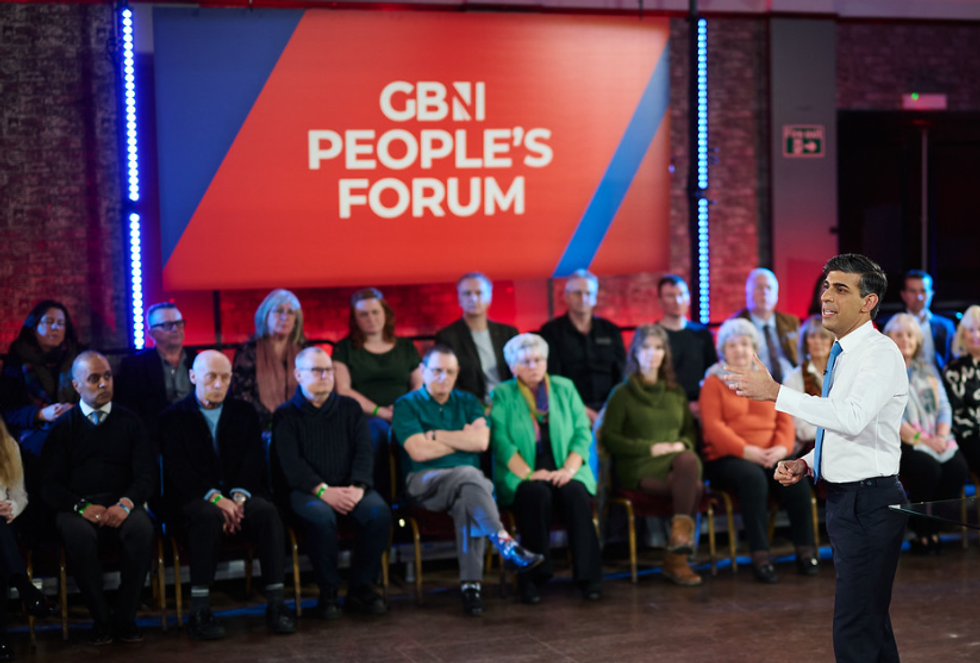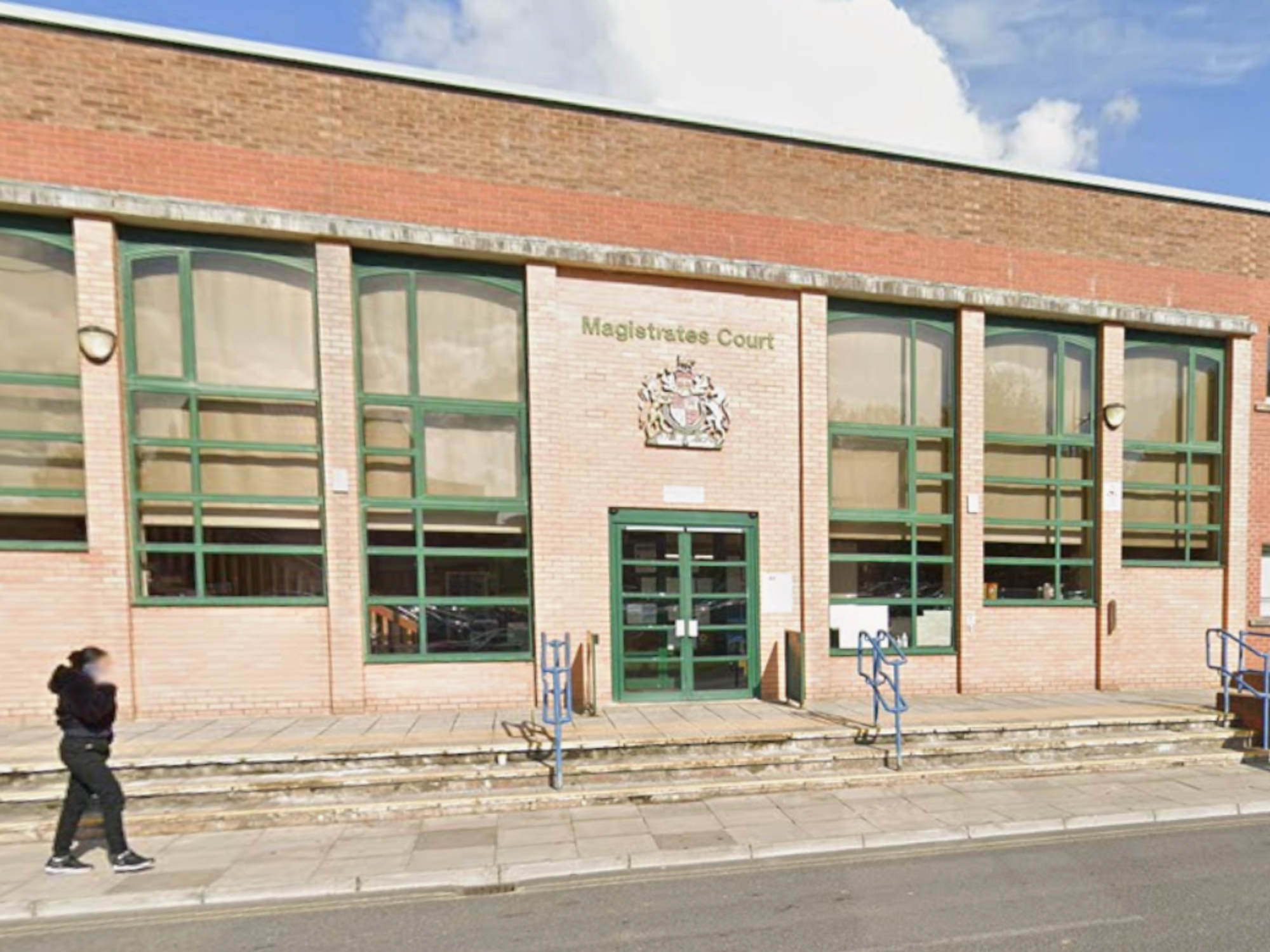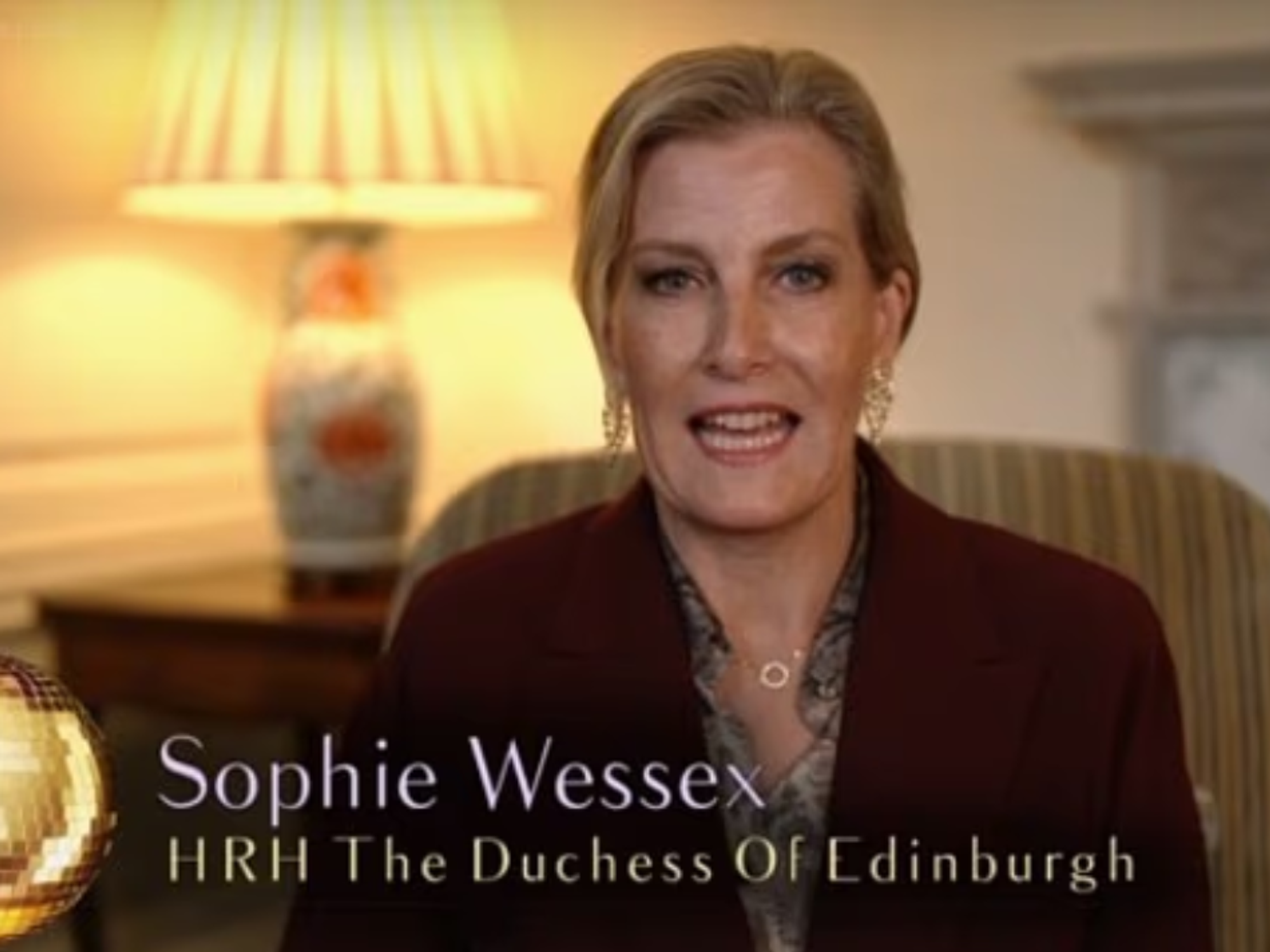Ofcom is intent on SILENCING alternative and outspoken views - Greg Smith MP
Tory MP Greg Smith has joined the calls to support GB News
Don't Miss
Most Read
Latest
It was only a matter of weeks ago that I wrote a piece here highlighting the relentless scrutiny and criticism targeted at GB News.
Today, amidst the ongoing barrage of censure, we see yet another assault on the channel, further reinforcing the perception that regulatory bodies are indeed intent on silencing alternative and outspoken viewpoints.
Ofcom's latest ruling against GB News for breaching broadcasting standards due to impartiality rules is yet another example of the challenges faced by broadcasters who dare to deviate from the mainstream narrative.
On the 12th of February, GB News aired an episode of their highly regarded People's Forum series featuring none other than the Prime Minister himself..
This provided a unique opportunity for ordinary people from all walks of life to directly engage with the highest office in the land.
 Rishi Sunak attending the People's Forum | GB News
Rishi Sunak attending the People's Forum | GB NewsParticipants didn't hold back, pressing and grilling the Prime Minister with their own hard-hitting questions on a range of topics, varying from the Rwanda plan, to the NHS, and to the cost of living and the economy.
In a departure from the norm, where journalists typically monopolize such interactions, GB News did what they do best, and put people first by allowing everyday citizens to directly question the Prime Minister.
What I find so striking about this whole debacle, is that this exact same format and opportunity was also offered to Keir Starmer, so in no way was this an attempt by the channel to provide Rishi Sunak with a primetime slot for a one-sided party-political broadcast.
The forum facilitated an open dialogue where participants pressed for clarity, shared their views, and held their leader to account.
This direct engagement between the electorate and our Prime Minister exemplifies the essence of democracy—a platform where citizens can voice their opinions and seek answers from those in power.
I agree with GB News’ statement when they say that this is a strike at the heart of democracy, as Ofcom’s attempt to regulate such interactions undermines the very foundation of our democratic discourse.
Ensuring that political leaders are accessible and accountable to the public is crucial, and any effort to stifle this exchange only serves to weaken the democratic process.
In the face of Ofcom, and these nanny state bureaucrats however, GB News viewing figures, both on the night of the Peoples Forum and more widely, continue to soar, defying efforts to hinder their success.
Despite the heavy-handed interventions, regulatory hurdles and challenges thrown its way, the channel's unwavering commitment to providing a fresh and honest perspective is resonating with an increasingly diverse audience hungry for varied viewpoints.
This steadfast support from viewers speaks volumes about the channel's relevance and necessity in a media landscape often criticized for its uniformity and bias.
As GB News perseveres through these obstacles, its growing popularity serves as a testament to the public's demand for diverse and independent voices in the realm of news and commentary.
As I have emphasised before, the narrative surrounding GB News should not be one of condemnation but rather one of appreciation for the diversity and choice it brings to the UK's media landscape.
This development raises significant concerns about the future of media plurality and the true extent of freedom of speech in our democratic society.
As GB News continues to grow and attract a substantial audience, it is imperative that we defend its right to exist and thrive amidst this wave of opposition, ensuring that diverse perspectives remain a cornerstone of our media landscape.











